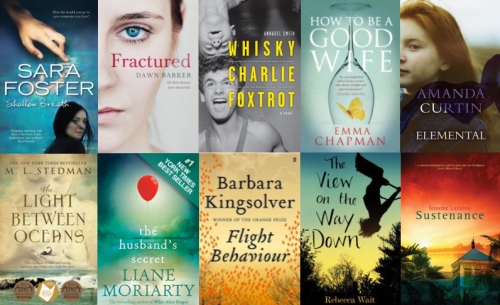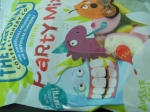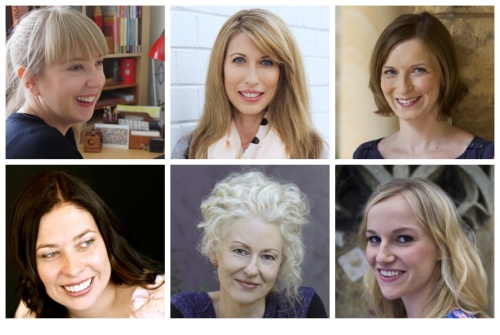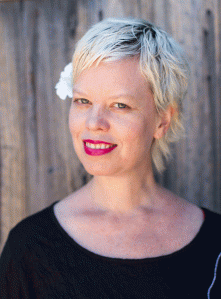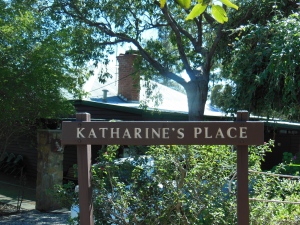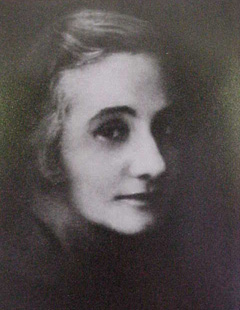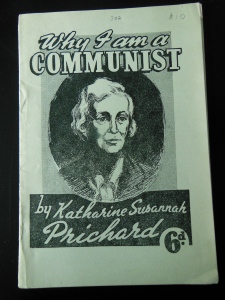
It’s been a while since the Writers Ask Writers group has posted, but we couldn’t let the opportunity to celebrate two new releases go by! The main characters in those new novels—Georgia in Sara Foster’s All That is Lost Between Us, and Evie in Natasha Lester’s A Kiss from Mr Fitzgerald—are young women who are inspired to pursue big dreams. Georgia dreams of being a champion fell-runner, and her flight through the Lake District becomes a matter of life and death, while Evie dares to believe she can study medicine when social conventions say otherwise. So the topic we’ve chosen this time is: books we read as young women that were early influences on our own pursuits.


Links to the posts from Dawn Barker, Emma Chapman, Sara Foster, Natasha Lester, Annabel Smith and Yvette Walker follow mine.
~~~
There are probably many books I read as a girl and as a young woman that contributed to what I would eventually choose to do with my life, but it isn’t always easy to draw a direct line between cause and effect, especially when (as in my case) the journey has been a circuitous one.
Novels as diverse as Catcher in the Rye, Little Women and Great Expectations made lasting impressions on my literary sensibility, and in that sense were early inspirations. But on reflection, I’m surprised to find that I also owe a debt to a popular historical/romance novelist for scattering a few seeds—some that grew into a love of history; others into a vague dissatisfaction with who and what seemed ‘worthy’ subjects of history and historical fiction.
English writer Eleanor Alice Burford Hibbert (d. 1993), writing under the pseudonyms Jean Plaidy, Victoria Holt and Philippa Carr, achieved sales of more than 56 million books during her writing life. In my late primary school years, I devoured the Jean Plaidy catalogue, jumping from series to series—the Queens of England, the Tudors, the Stuarts, the Georgians, the Plantagenets, Isabella and Ferdinand, the Medicis, the Borgias…



These novels were enchanting, easy reads, and they took History—previously a dry subject consisting of dates and places and names and lists—and turned it into page-turner stories. I can trace the simple thread connecting the schoolgirl I was, eager to read about people rather than facts, to the writer I became.
But I also remember being curious about what went on in the margins of those stories. Fascinating though the lives of royalty and the powerful and the high-born were—not to mention the array of aspirants and pretenders and scheming mistresses—I would wonder about people who were not destined for a life at court or in other theatres of power. What did it feel like to be an ordinary person in such a society? What gave their lives value? Was life without status no life at all? Was the equation really that simple? It is only now that I can trace this other thread between the schoolgirl and the writer, and see that the debt I owe to ‘Jean Plaidy’ was part inspiration and part challenge.
As for those 56 million sales, I salute you, Eleanor Alice Burford Hibbert! And I thank you for playing a part in sending me on the circuitous route that led me to convicts and gutting girls.



~~~
Yvette Walker tells us why Graham Greene was the greatest influence on her young writing life.
Annabel Smith writes about her ‘beloved and much-underlined copy’ of Sylvia Plath’s Letters Home.
Natasha Lester was inspired by Jane Eyre, and through this book her ‘love of the epic novel, the love story…was born.’
Sara Foster recalls two very different novels that she says continue to influence her today.
Emma Chapman tells a beautiful story of a former employer who taught her that anything is possible.
Dawn Barker concedes her favourite was an ‘uncomfortable read’ but knows it helped her to realise ‘the power of words and stories.’











